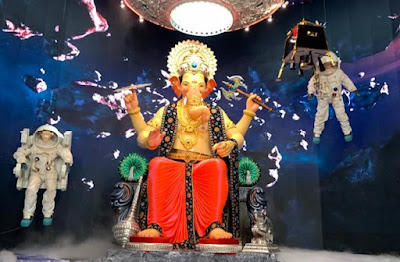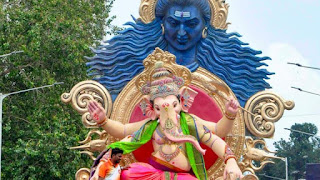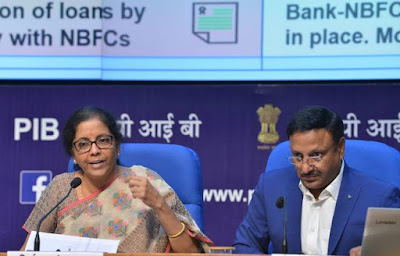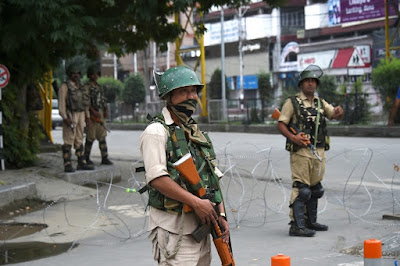Biggest scam of 2019

The 73-year-old Congress leader and former Union minister Palaniappan Chidambaram is facing the toughest turning point of his career. The lawyer-turned-politician has been slapped with money laundering and corruption charges in the INX Media case and is in the CBI custody following the Delhi High Court's refusal to grant him anticipatory bail on Tuesday.
Media case
In May 2017, the Central Bureau of Investigation registered an FIR for alleged discrepancy in the Foreign Investment Promotion Board's (FIPB) clearance given to the INX group in 2007. Chidambaram was Finance Minister at that time.
The Financial Intelligence Unit under the Finance Ministry had raised queries over foreign direct investment of over Rs 305 crore made by three Mauritius-based companies in INX Media Pvt Ltd, then owned by Peter Mukherjea and his wife Indrani Mukerjea.
The case was forwarded by Mumbai IT Department to the Enforcement Directorate (ED), which also registered a case against the media organisation in 2010. INX Media in turn engaged Chidambaram's son Karti -- the promoter-director of Chess Management Service (P) Ltd, to resolve the issue, by influencing various departments of FIPB.
The rise of Chidambaram
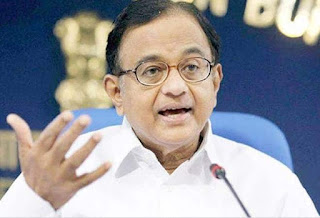
Chidambaram, who has a degree in law and an MBA from Harvard Business School, joined the Congress in 1984 and contested and won Lok Sabha elections from Sivaganga around the same time. He had been associated with several ministries including that of commerce and industry, mostly as junior minister till mid-1990s. In 1996, Chidambaram leave the Congress for a brief period to join Tamil Maanila Congress -- a breakaway faction of the state Congress unit.
He made his mark as Finance Minister in 1997 when he presented the "dream Budget" under then Prime Minister Deve Gowda, who was leading a fragile United Front government at that time.
Despite being part of a weak coalition government, Chidambaram introduced bold reforms including drastic reduction of personal and corporate tax rates in the 1997 Budget. Soon after, he rejoined the Congress.
His striking rise in politics started only in 2004. He was given the important portfolio of finance in the Manmohan Singh-led UPA government. As Finance Minister, he had to deal with the Left parties, which provided outside support to the government and many of his proposals, aimed at expanding private sector participation to boost growth of the Indian economy, did not see the light of day.
However, he played an important role in introducing the Value Added Tax (VAT) while notifying in the Fiscal Responsibility and Budget Management Act (FRBMA). However, he is remembered most for designing and implementing the Rs 70,000 crore farm debt waiver scheme, which many believe, went a long way in the helping the UPA retain power in the subsequent 2009 Lok Sabha elections.
While economists and policy makers criticised this move, he managed to impress the top echelon of the Congress party. In November 2008, Chidambaram already touted as an achiever by his party men—was entrusted with home ministry.
Controversies
Chidambaram was caught in the middle of a controversy when news reports suggested that he had manipulated the voting process to win the 2009 Lok Sabha election from Sivaganga. AIADMK candidate Raja Kannappan was declared elected by over 3,500 votes initially on May 16, 2009 but within hours Chidambaram's fate turned, and he was declared elected by 3,354 votes.
As Home Minister, he had a tougher job at hand. His tenure was laced with criticism, especially on issues relating to security. In 2011, when he was in charge of the Home Ministry, three co-ordinated bomb explosions ripped Mumbai killing many. These blasts took place barely three years after the horrific terror attacks in two of Mumbai's premier hotels.
Not just that, Chidambaram was seen by many -- including those from his own party -- as a man who was arrogant, head-strong and he often remained incommunicado. He had also been assaulted by a Sikh journalist in April 2009 for giving a "clean chit" to Jagdish Tytler.
In August 2012 Chidambaram was removed from the Home Ministry, and he once again resumed charge as Finance Minister. He is also often blamed for forcing the public sector banks to expand their credit portfolio in a reckless manner—something that has led to the alarming rise in the non performing asset levels in the government banks.



























